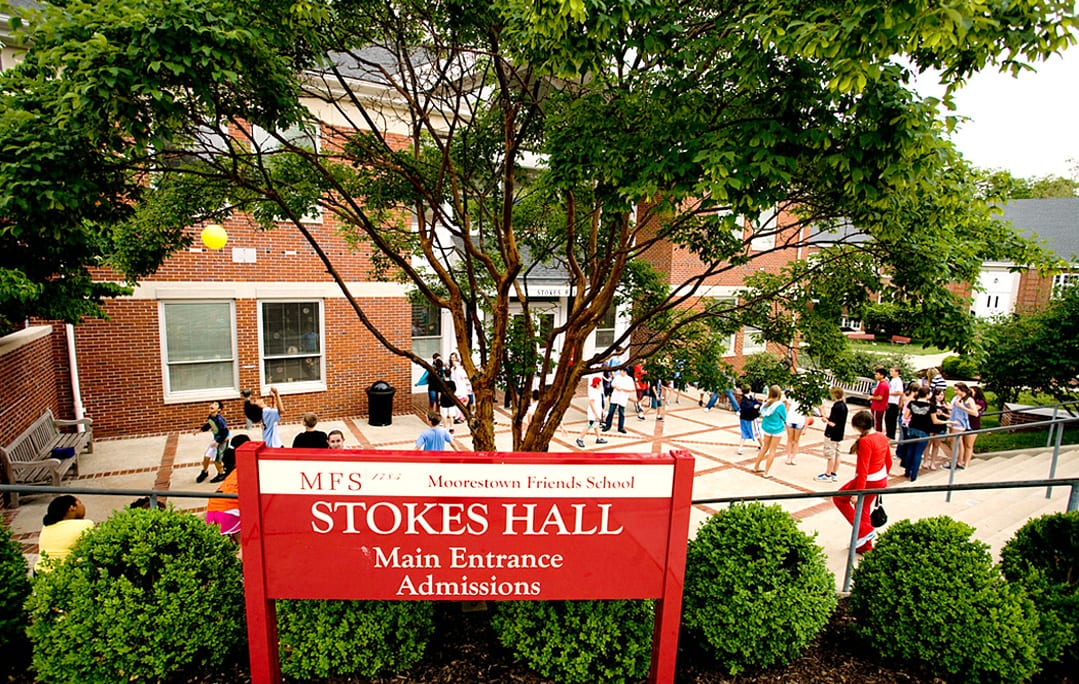NAIS Financial Aid Principles of Good Practice
Approved by the NAIS board in February 2013.
Preamble: The following principles provide common ground for interaction between independent school professionals and their many constituents (parents, students, colleagues at other schools, and the public). The NAIS Principles of Good Practice for member schools define high standards and ethical behavior in key areas of school operations to guide schools in becoming the best education communities they can be, to embed the expectation of professionalism, and to further our sector’s core values of transparency, excellence, and inclusivity. Accordingly, membership in NAIS is contingent upon agreement to abide by “the spirit” of the PGPs.(1)
Overview: Recognizing that each family bears the primary responsibility for financing a student’s education costs, NAIS’s Principles of Good Practice for Financial Aid Administration are designed to serve as guideposts in developing professional policies and orderly procedures among schools. Through these principles, NAIS affirms its belief that the purpose of a financial aid program is to provide monetary assistance to those students who cannot afford the cost of attending an independent school. Furthermore, these principles reflect the standards of equity and fairness NAIS embraces and reassert NAIS’s ongoing commitment to access and diversity.
Principles of Good Practice:
(1) The school adheres to all applicable local, state, and federal laws and regulations, including those that require non-discriminatory practice in administering its financial aid policies.
(2) The school operates within the context of both short- and long-range financial aid budget and policy goals.
(3) The school uses objective research to measure the effectiveness of its progress towards its goals, and communicates the outcomes to its constituents, as appropriate.
(4) The school provides clear and transparent information to families through outreach, education, and guidance on all aspects of its financial aid process and the factors that influence admission and aid eligibility.
(5) The school determines eligibility for admission without regard to a student’s application for financial aid.
(6) The school commits to providing financial aid dollars to applicants who demonstrate that their family resources are insufficient to meet all or part of the total educational costs.
(7) The school continues to provide support to students as long as they demonstrate financial need.
(8) The school maintains the same standards of behavior and academic performance for recipients of financial aid as it does for non-recipients.
(9) The school enacts documented procedures that ensure a fair, consistent, and equitable assessment of each family’s ability to contribute toward educational expenses.
(10) The school makes and communicates financial aid decisions in a manner that allows families to make timely, careful, and fully-informed enrollment decisions.
(11) The school establishes administrative and accounting procedures that distinguish the school’s need-based financial aid program from tuition assistance programs that are not based on financial need.
(12) The school safeguards the confidentiality of financial aid applications, records, and decisions while respecting the right of each family to discuss its own financial aid outcomes in an appropriate manner.
(13) The school supports collaboration between the financial aid office and other offices within the school.
(14) The school supports collegial relationships with other schools and organizations for professional development, exchange of best practices, and other information sharing, as appropriate.
The NAIS Principles of Good Practice for member schools define high standards and ethical behavior in key areas of school operations to guide schools in becoming the best education communities they can be. Accordingly, membership in NAIS is contingent upon agreement to abide by “the spirit” of the PGPs. Principles are precepts grounded in an ethic and ethos of “doing the right thing.” Practices are common activities.


